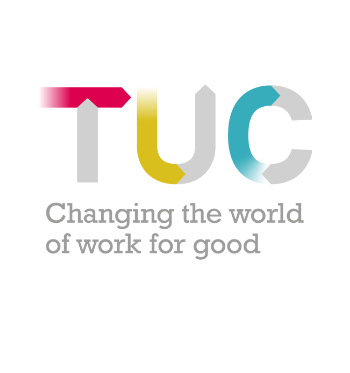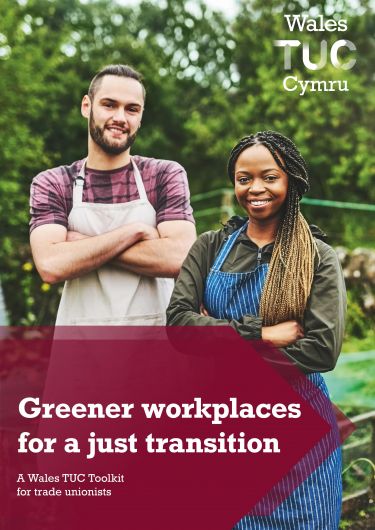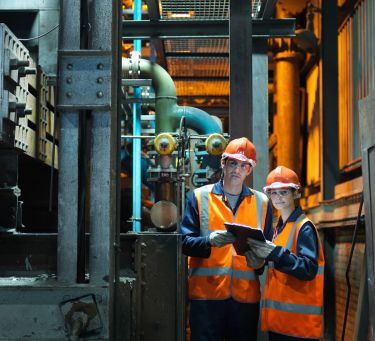Wales TUC Greener workplace network: Developing skills for a job-secure future
Climate change means workplace change. In order to meet net zero targets by 2050, the world of work will transform; for workers, this must mean new opportunities and positive change. It is working people, through their collective union voice, which must drive this transition. Negotiating for new skills through collective bargaining is fundamental to this process.
During the meeting we considered the definition of green skills and related matters. In addition, we heard about the Welsh Government’s developing net zero skill plan and a practical green skills case study from Swansea.
Heather Davidson from the Welsh Government gave us a presentation with updated information on the developing net zero skills plan. She said that a definition of a green jobs and green skills is being developed. They are undertaking extensive stakeholder engagement. Furthermore, research on net zero skills, the skills system and equality are underway. An internal cross-policy working group has been established. The group will review existing policies across the Welsh Government to identify what policies and programmes are in place to support the development and delivery of the plan. They would start the National Occupational Standards framework and qualifications development.
The government is currently scoping options to deliver a pilot from September 2022 to support, test and deliver net zero focused training in a range of sectors. They will start exploring options to make the skills system more flexible, responsive, and agile to ensure the right qualifications are delivered to meet employers’ and the economy’s needs. Furthermore, they will be exploring options for a review of apprenticeship frameworks on net zero and sustainability.
Deri Bevan from Wales TUC shared information with us about the skills transition. There are many challenges for Wales. For example,66% of adults are under-skilled to some extent and 13.6% of adults have poor essential skills. There is no doubt that Welsh workers need to develop new skills or reskill. However, some there are some challenges. For example, there is confusion over definitions, a poor understanding of impact on jobs and a lack of consultation on workforce planning. We need skills system which better reflects union priorities, like widening participation, removing barriers to learning and access and providing flexibility of provision.
Deri said that workers can access funding and support from different parties like the Wales Union Learning Fund (WULF), or the Welsh Government funding (namely apprenticeships, PLAs, the flexible skills fund, Working Wales, ReAct) to skills develop their skills.
Deri then introduced the concept of transition agreements. He explained that in his view there are three key elements of transition agreements: formalising consultation, guarantees on redundancy and jobs, and information sharing and workforce planning. He mentioned we need to have discussion urgently and to identify skills needs through skills audits. In addition, union reps can help by talking with members to identify barriers and by giving workers support through funding and signposting. Securing transition agreements between branches and workplace would be an excellent next step.
Last but not the least, Richard Jackson from Unite Wales gave us a practical example of unions developing green skills. He talked to us about the example of Swansea council’s electric vehicle maintenance training which sustained many good jobs and prepared the council for the future. You can read the case more from here.




